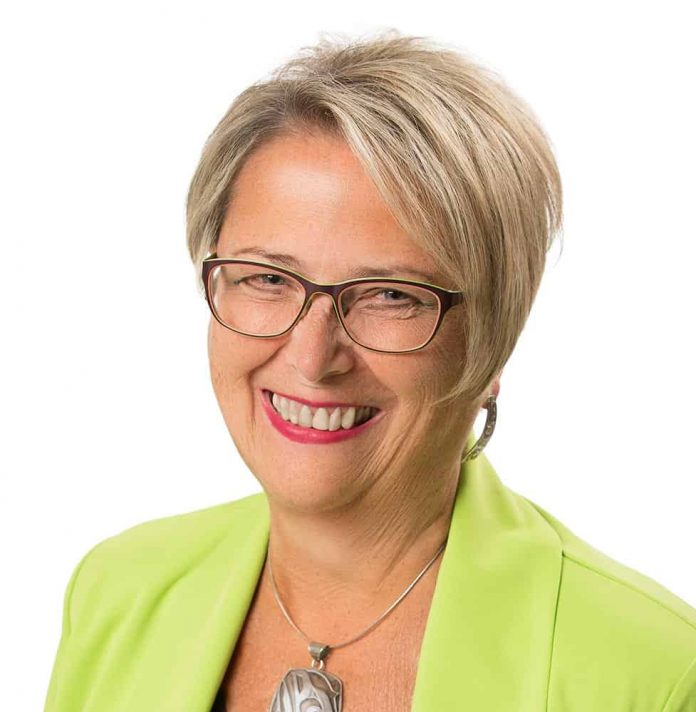TO help reduce the risks to people who use substances, the Province has announced new clinical guidance, effective immediately, for health-care providers to stem the spread of COVID-19 and respond to the ongoing overdose emergency.
The provincial clinical guidance incorporates the federal government’s recent exemptions to the Controlled Drugs and Substances Act in response to the COVID-19 pandemic.
The dual public health emergencies present unprecedented risks for vulnerable and at-risk people, including safely responding to overdoses related to the increasingly toxic drug supply and withdrawal for those who must self-isolate or quarantine to prevent the spread of COVID-19.
“We’re dealing with one public health emergency on top of another, and the challenges are unlike anything we’ve ever seen,” said Judy Darcy, Minister of Mental Health and Addictions. “Physical distancing is not easy when you are living in poverty, visiting a clinic every day to get your medicine and relying on an unpredictable, illegal drug supply. This guidance will make it easier for at-risk people to meet the requirements of distancing while avoiding other serious risks to their health and to the health of the community.”
The guidance supports people who are at risk of COVID-19 infection, people who have a confirmed infection or a suspected case pending diagnosis and people who have a history of substance use, including opioids, stimulants, alcohol, benzodiazepines or tobacco.
To reduce the risk of transmission, the guidance outlines steps that prescribers, pharmacists and care teams can take to support the provision of medications – including safe prescription alternatives to the illegal drug supply – to be delivered directly to patients, along with telemedicine for clinical assessments.
Further, these guidelines indicate the use of prescription alternatives in addition to existing treatment options to prevent the risk associated with the toxic drug supply.
“This response is urgently needed to support people who use substances, their families and health care providers,” said Cheyenne Johnson, co-interim executive director, BC Centre on Substance Use. “As the effects of the pandemic continue to unfold, the illicit drug supply is likely to become significantly more adulterated and toxic. Coupled with directions to self-isolate or quarantine and risk potentially dangerous withdrawal as a result, people who use substances are especially vulnerable to the harms of these dual health emergencies.”
People who use substances and who have an existing general practitioner or nurse practitioner are encouraged to work with them to access these new supports. Others can contact a rapid access addiction clinic, some of which are equipped to provide telehealth support, consultation for prescribers and patient assessment.
While isolating, patients are encouraged to use harm-reduction best practices to prevent overdoses, including practicing safer drug use, buddying up while maintaining a two-metre separation and carrying a naloxone kit.
The guidance was developed by the BC Centre on Substance Use with a provincial working group of addiction medicine clinicians and people with lived and living experience, and was reviewed by Ministry of Health, Ministry of Mental Health and Addictions, Office of the Provincial Health Officer and First Nations Health Authority. It has also been reviewed by the College of Physicians and Surgeons of BC, College of Pharmacists of BC and BC College of Nursing Professionals.
Learn More:
To read the guidance, visit: www.bccsu.ca/covid-19










